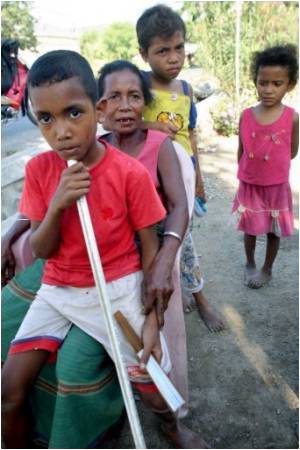This release is available in Spanish.People

For the purpose of this study, researchers took a sample of 288 children, aged between 8 and 12, including their parents, tutors and teachers. The professors at the University of Granada analysed how adults' understanding of the concept of death affects children's attitudes, fears, beliefs and approaches to death.
A change In MentalityThis study revealed the need for a change in mentality within families and at school, regarding death and the end of life. The reason is that an appropriate approach to death is key to children's health and personality. Other conclusions were that all children –to a higher or lower degree- have had experiences related to death, that they believe in life after death, and that they are concerned about it. Additionally, it is more common among girls to believe in life after death than among boys.
As regards teachers, 80% of them reported that death was not included in the curriculum. Six out of ten recognised that they have occasionally talked about death with their students, mostly due to the death of a students' relative.
In the light of the results obtained, University of Granada researchers consider that it is essential to provide death education "as a way to value life, and an instrument to end with the misguided and unreal idea transmitted by the media. Such education would provide children with the appropriate strategies and resources to approach death during their lives, avoiding any slight or severe negative impact on their physical or psychological health."
Another finding was that a high educational level prevents negative attitudes, as fear of death and avoiding the topic. In accordance with the teachers that participated in the study, "at present, the education system does not have any formal and systematic method to deal with death in class. If death were introduced in the education system, children would have a more real and intense approach to life, and many of the problems derived from the mourning process in the adulthood would be prevented."
Advertisement
Source-Eurekalert












